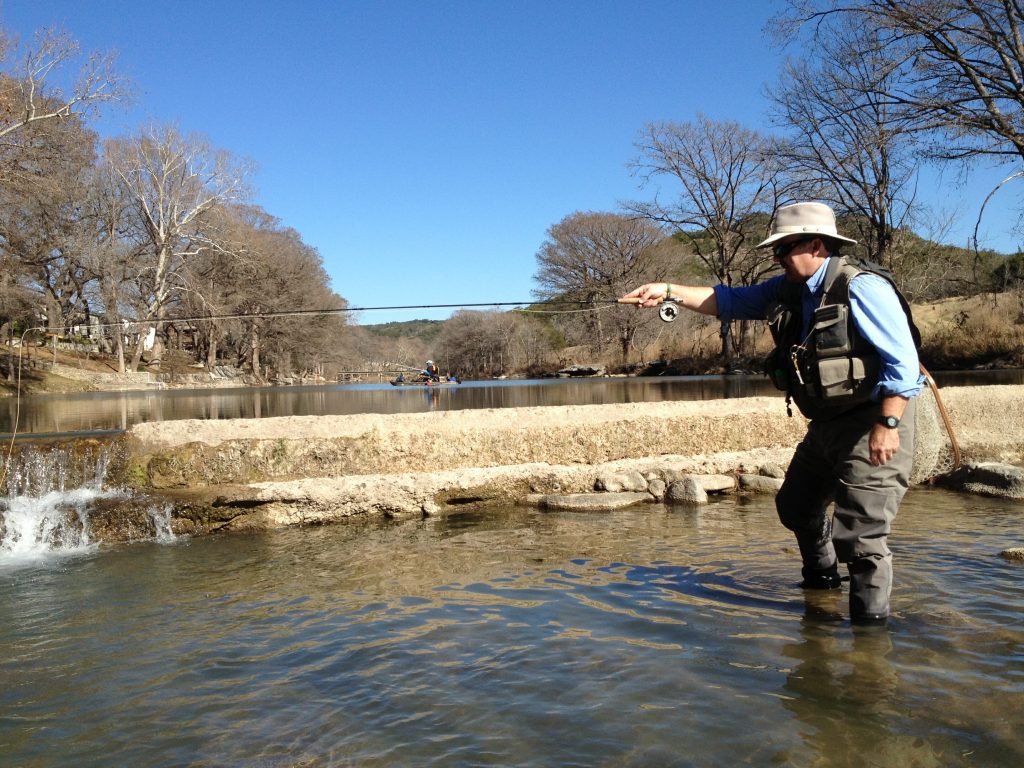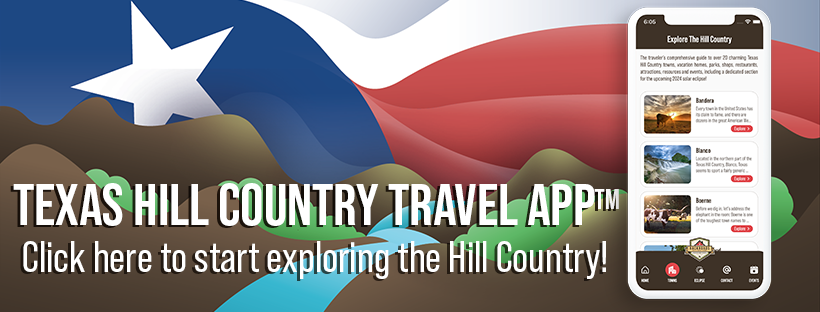Gone Fishin’, Hill Country Style

Fishing is a serious pastime in Texas, from the casual angler to the professional fisherman. The passion for fishing isn’t limited to the Lone Star State, but for the purposes of this article we’re going to focus on laws and regulations that apply to fishing in Texas. What we won’t be covering is what bait or flies to use, when’s the best time to fish, and the thousand other details that go into the perfect fishing expedition. We’ll leave those points to the experts!
Let’s start with the most fundamental question about fishing in Texas we could find: is it legal to just drop a line and take your chances anywhere in Texas? As wonderful as that might be in a perfect world, you can guess the answer to that question is a qualified “no.” That’s all well and good, you might say, but where specifically in Texas can I NOT fish? Let’s start there.
First and foremost, you can’t fish in clearly-marked private property without the express (preferably written) permission of the property owner. This is a good rule to follow, even if the letter of the law might seem to be in your favor. Not meaning to muddy the waters here (pun intended), but the concept of “private” waters as defined by law may not be the same standard applied by a property owner.
To clarify, in the state of Texas you can fish ANY “navigable” waters, free-flowing waters that are at least 30 feet wide throughout their length. This basically means rivers and large creeks, and applies to the body of water itself, and not necessarily the bank, so you can fish on a boat, for example. However, if you choose to do so, and Rancher McCranky is shouting from the shore and waving a shotgun, law or no law it may be prudent to skedaddle. The law may be on your side, but is this a battle you really want to undertake? Spoiler alert: No. No, it is not.
An additional note here: a lake or reservoir created by a dammed navigable river IS legal to fish upon. A perfect example of this in the Hill Country would be Lake Travis, formed by the Mansfield Dam on the Colorado River. You’re free to fish there, with a license, of course (we’ll get to those shortly).
For our next point, let’s say you’re tooling down the road and see an amazing spot to fish; the little rascals are practically leaping out of the water! Grab your poles, folks; fresh fish for dinner tonight!
Not so fast, amigo; the DOT would like a word: “It is an offense to fish from the deck or road surface of any bridge or causeway on a road maintained by the Texas Department of Transportation.” In short, don’t dangle your angle from the surface of a bridge that crosses a body of water. However, good news! You CAN fish from underneath the bridge, or from the roadside right-of-way alongside a body of public water, provided your vehicle doesn’t present a hazard to other drivers.
So now you know where you can fish in the Hill Country, you should also be aware you need a fishing license with a freshwater endorsement to do so, unless:
* You’re under 17 years of age
* You’re in a state park (overseen by the Texas Parks and Wildlife Department)
That’s right; state parks don’t require a license for fishing; park entry fees cover that cost. You can also fish in most city and county-run parks, but you’ll need a license to do so. To find state, county, and city parks in over 30 towns in the Hill Country, simply download the Texas Hill Country Travel App (it’s free), select your town of choice, and tap the “Parks” category. Happy fishing!
Discover the magic of Texas Hill Country with our Facebook Group! Whether you’ve booked a stay with Backroads Reservations, are planning your next getaway, or simply love this scenic region, our community is for you. Connect with fellow fans and celebrate the stunning beauty of the Hill Country!

